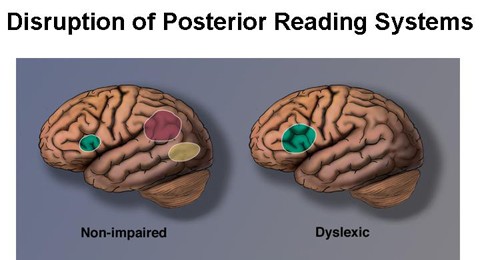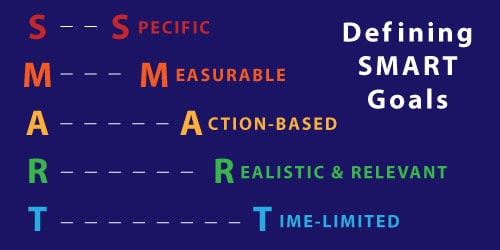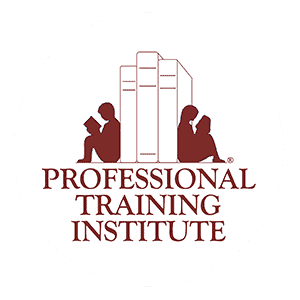Addressing Dyslexia through Multisensory Instruction
Lisa M. Brooks, F/AOGPE2021-10-07T07:20:21+00:00Dyslexic second grader Olivia is learning to read and spell words with the digraph ch. Her learning center teacher asks Olivia to trace the letters ch with her fingers while naming them. She teaches Olivia the key word chin and the sound /ch/. Throughout her reading lesson, Olivia works with this new sound: she points to and reads ch words in isolation and in sentences, selects pictures that begin with /ch/, and writes dictated words with the target sound on dotted lined paper. When she spells a dictated word, Olivia segments the sounds in the word with plastic chips and then names the letters while writing them. Olivia’s [...]













